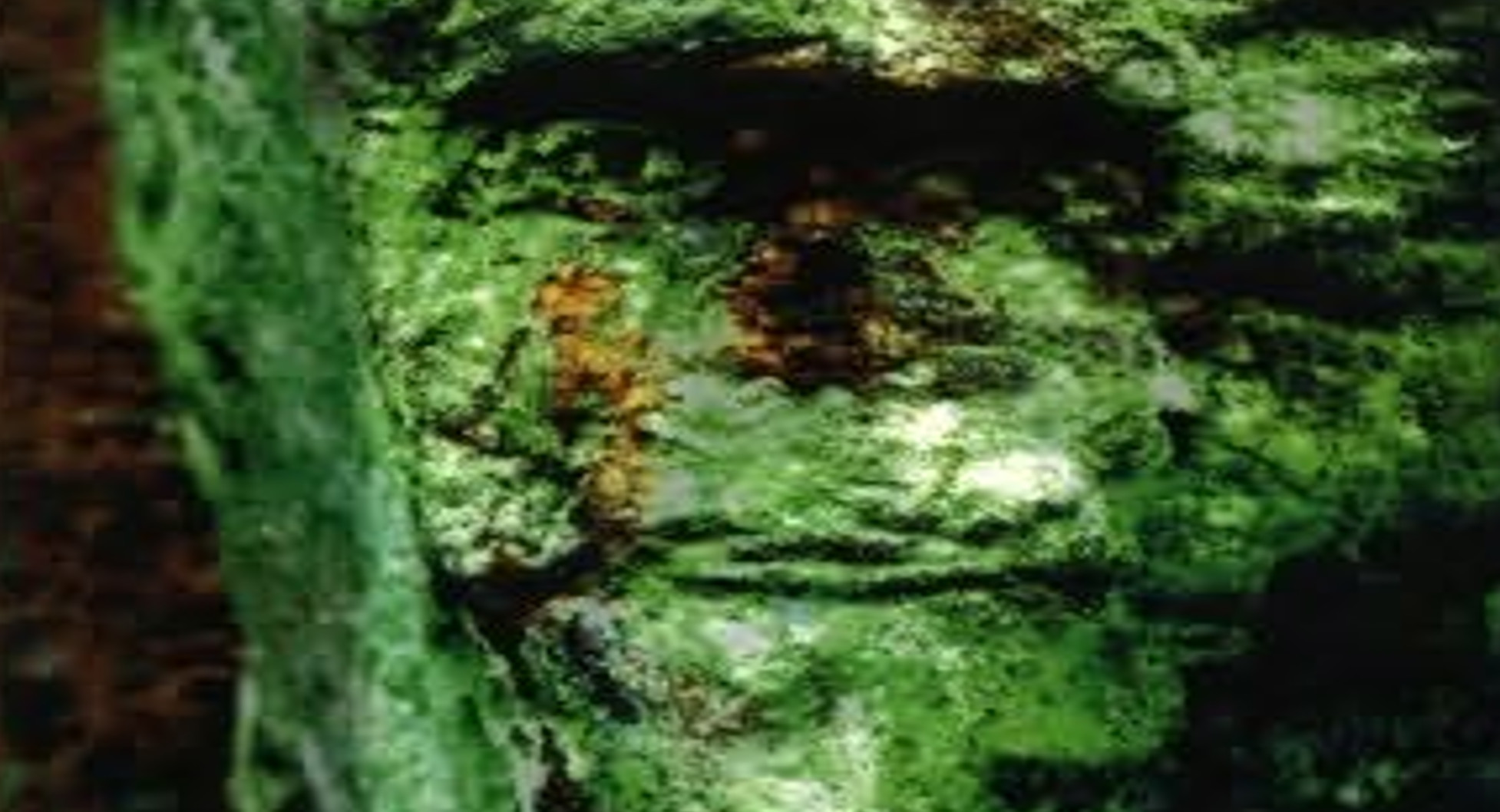Translated from the Irish (An tOileánach) by Robin Flower
Tomás Ó Criomhthain, or, if you’d prefer an anglicised version, Thomas O’Crohan, was born on the Great Blasket Island in 1856. He lived all his life there as a farmer and fisherman, married and had ten children, although many of them died before reaching adulthood. In The Islandman Ó Criomthain describes life on the Blasket Islands; the changes he saw over the years, and the lifestyle that had endured for generations that was now dying off.
For many years teenagers in Irish secondary schools had to study Péig. It was part of the national consciousness, and not in a good way. Everyone knew that first line “I am an old woman now with one foot in the grave and the other on its edge” even the likes of me, who never studied it. This book, The Islandman comes from the same tradition. Ó Criomhthain was born very close to where Sayers was, and so the lives and people they describe are very similar. Ever since their stories, and others, were published they have come in for a fair amount of mockery. Flann O’Brien’s The Poor Mouth comes to mind. They were seen as unremittingly bleak and depressing, with one bad thing after another happening to the authors.
But, at least in the case of The Islandman I really don’t think that is a valid criticism. Yes, it was a harsh life, I certainly wouldn’t want to live it. And yes, it is bleak in places, but I found Ó Criomhthain’s style to be very easy to read. If anything he glosses over some of the tragedies that befell him. Many of his children died at a young age, but while he mentions this fact, and says how hard it was, he doesn’t really go into too much detail. If anything I would have liked to see more emotion there. But that is a prime example of a man of his time. He says what happened. Said it was hard. But life went on. The daily jobs had to be performed or more troubles would arrive.
Obviously I can’t talk about the Irish version, not only is it in Irish, but the copy in the library was even the cló gaelach version, and I can’t read that. Irish is hard enough with an English alphabet let alone the Irish one. You don’t think there is too much difference, but if you see a whole page of it, believe me, you’ll soon see that there may be trouble ahead :)
I found it a very interesting, and as I said already, a very readable book. It does come across as somewhat stage-Oirishy, but it is from the late 19th & early 20th centuries so what can you expect. This was just a few years after the great famine remember.
I can’t find any other blogs that have reviewed this book, if you have, let me know and I’ll add a link




Recent Comments